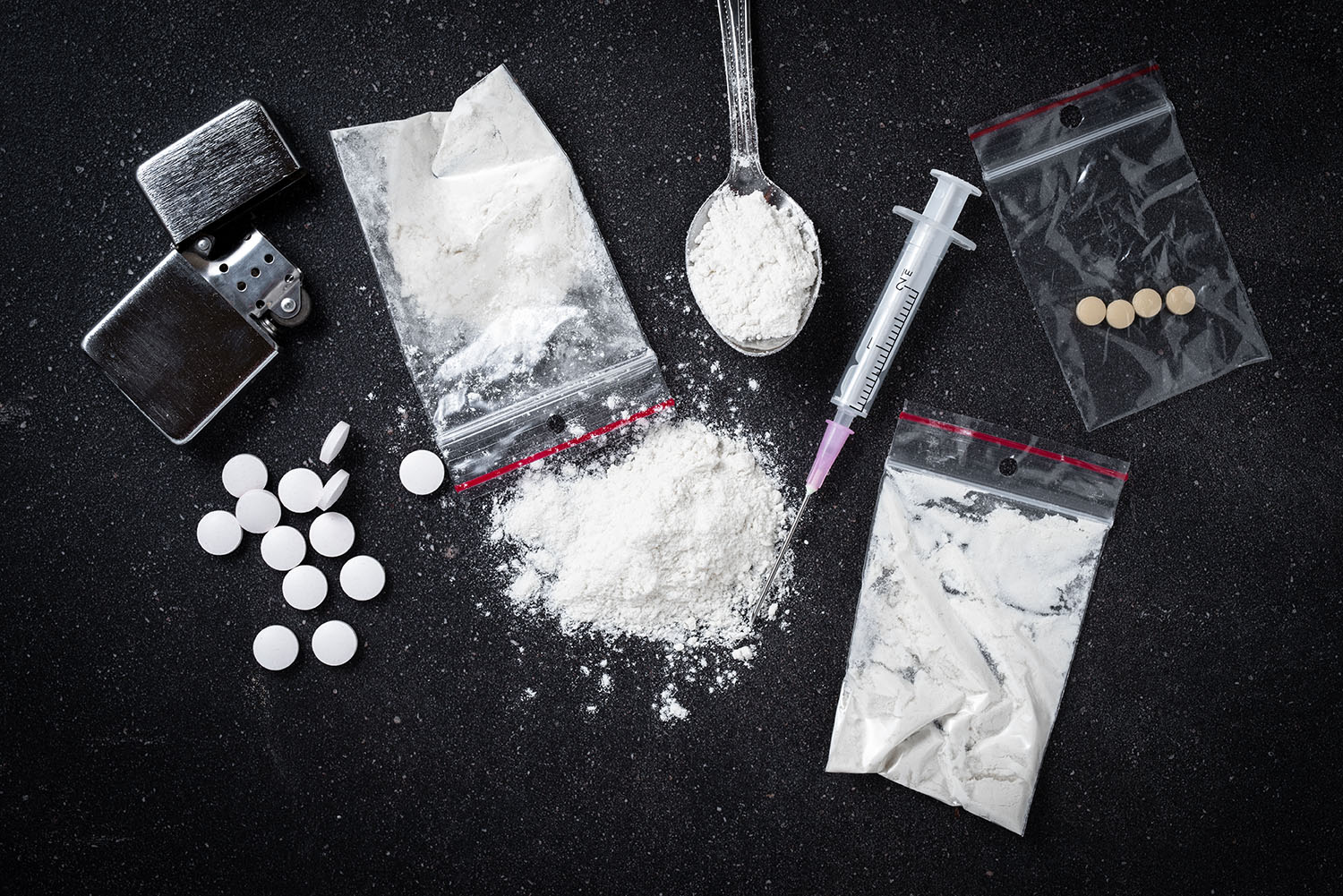

A drug is a substance that can have a physiological effect when ingested or otherwise introduced into the body. Drugs can be used to treat diseases, improve athletic performance, or alter consciousness.
There are many different types of drugs, and they can be classified in a number of ways. One way to classify drugs is by their chemical structure. Drugs can also be classified by their intended use, such as prescription drugs, over-the-counter drugs, and recreational drugs.
Drugs can have a number of different effects on the body. Some drugs can have a stimulating effect, while others can have a calming effect. Drugs can also have a number of side effects, both physical and psychological.
It is important to be aware of the risks associated with drug use. Drugs can be addictive, and they can have serious side effects. It is important to talk to a doctor before taking any drug, whether it is a prescription drug or an over-the-counter drug.
To treat someone with drugs. For example, "The patient was being drugged for her pain.

Noun: drug.
Adjective: drugged.
Verb: drug.
Synonym: medicine, medication, pharmaceutical.
Antonym: cure, remedy.
The word "drug" comes from the Middle English word drugge, which means "a substance that is used to treat or prevent disease." It is thought to have come from the Old French word drogue, which also means "a substance that is used to treat or prevent disease.".
What drugs are you aware of?
Question:
Explain the concept of drugs and their effects on the human body. Describe the different categories of drugs, including their therapeutic uses and potential risks when misused. Provide examples of commonly used drugs, their intended medical purposes, and the importance of responsible drug use.
Answer:
Drugs are substances that can alter the normal functioning of the human body when ingested, inhaled, or injected. They can have both therapeutic and harmful effects. Therapeutic drugs are prescribed by healthcare professionals to treat medical conditions and alleviate symptoms. For example, antibiotics are used to combat bacterial infections, and painkillers help manage pain.
However, drugs can also be misused, leading to serious health consequences and addiction. Recreational drugs, like alcohol and illegal substances, can induce euphoria and relaxation but pose significant risks when abused.
It is crucial to use drugs responsibly and as prescribed by medical professionals to avoid potential harm. Understanding the different categories of drugs, their intended medical purposes, and potential risks empowers individuals to make informed decisions about their health and well-being. Responsible drug use ensures that medications are effective and safe, contributing to better health outcomes for individuals and society as a whole.